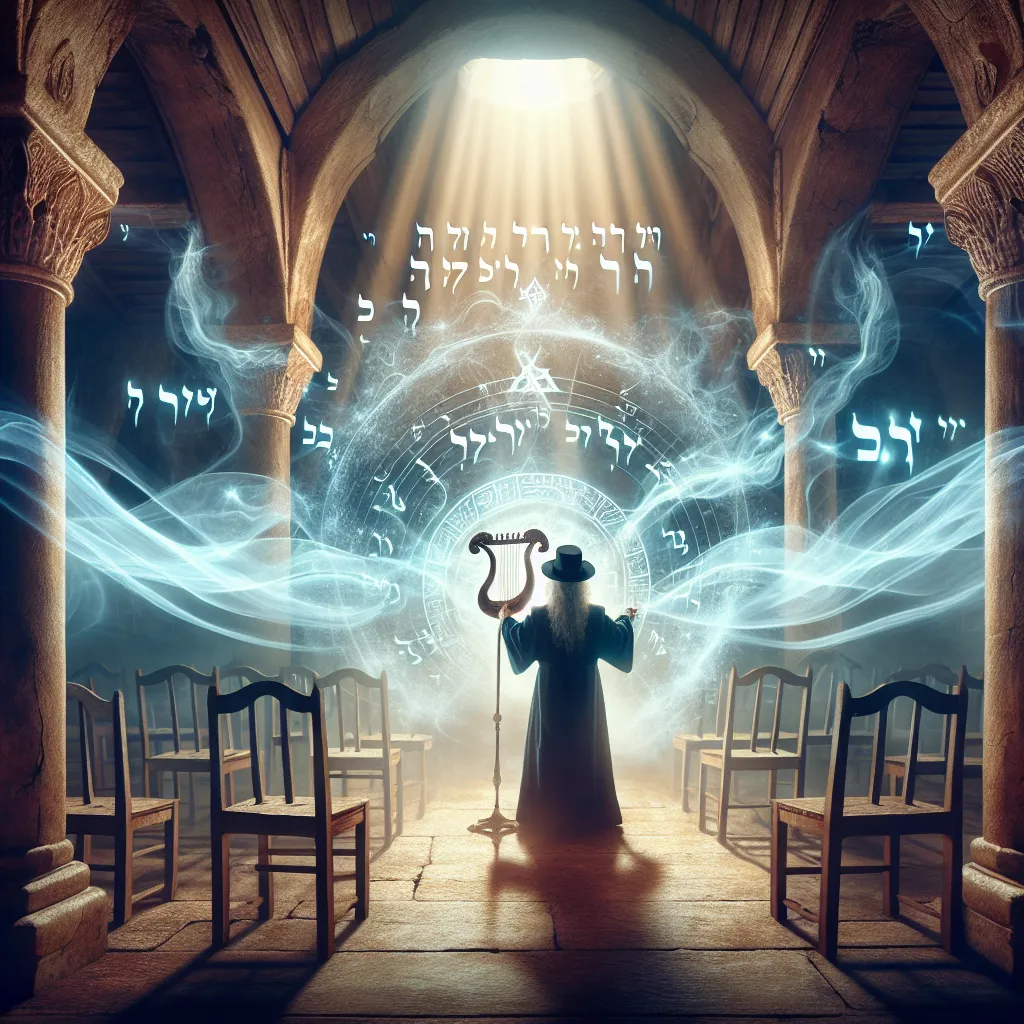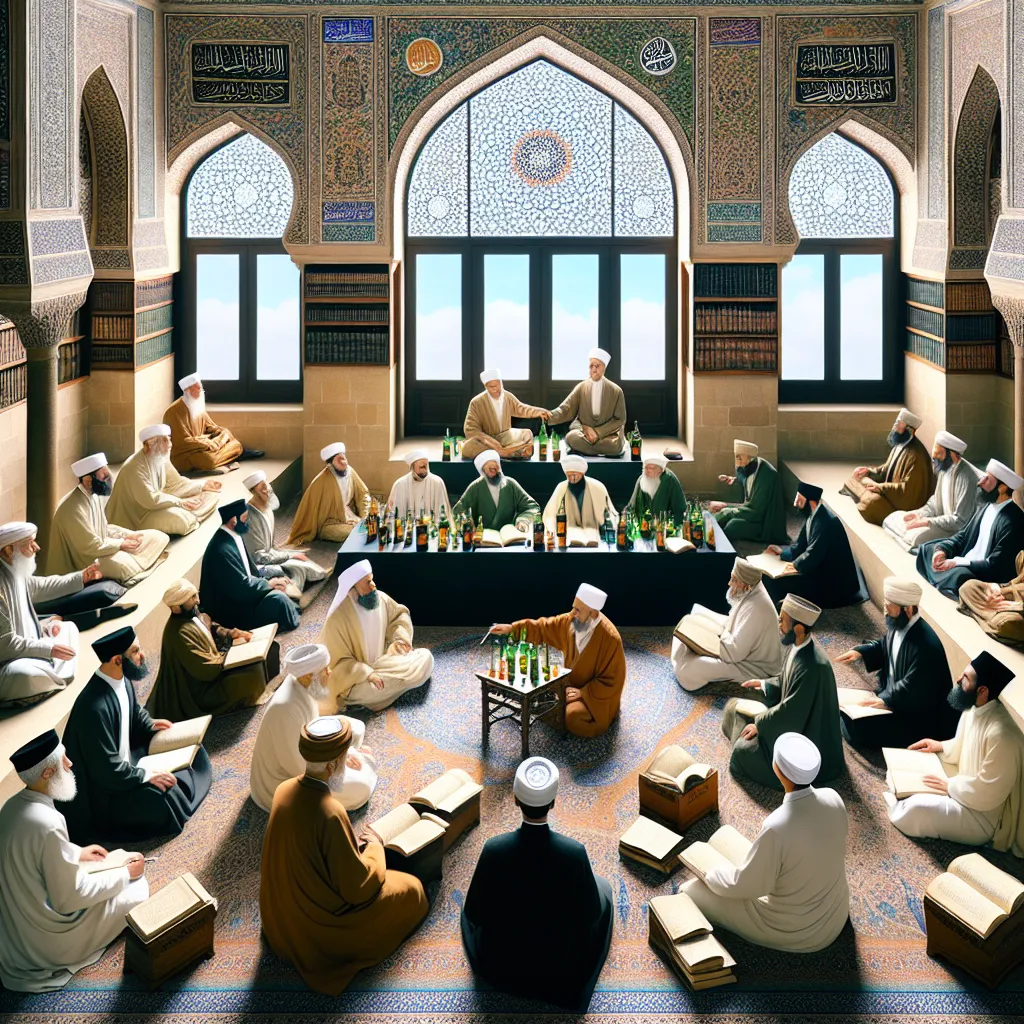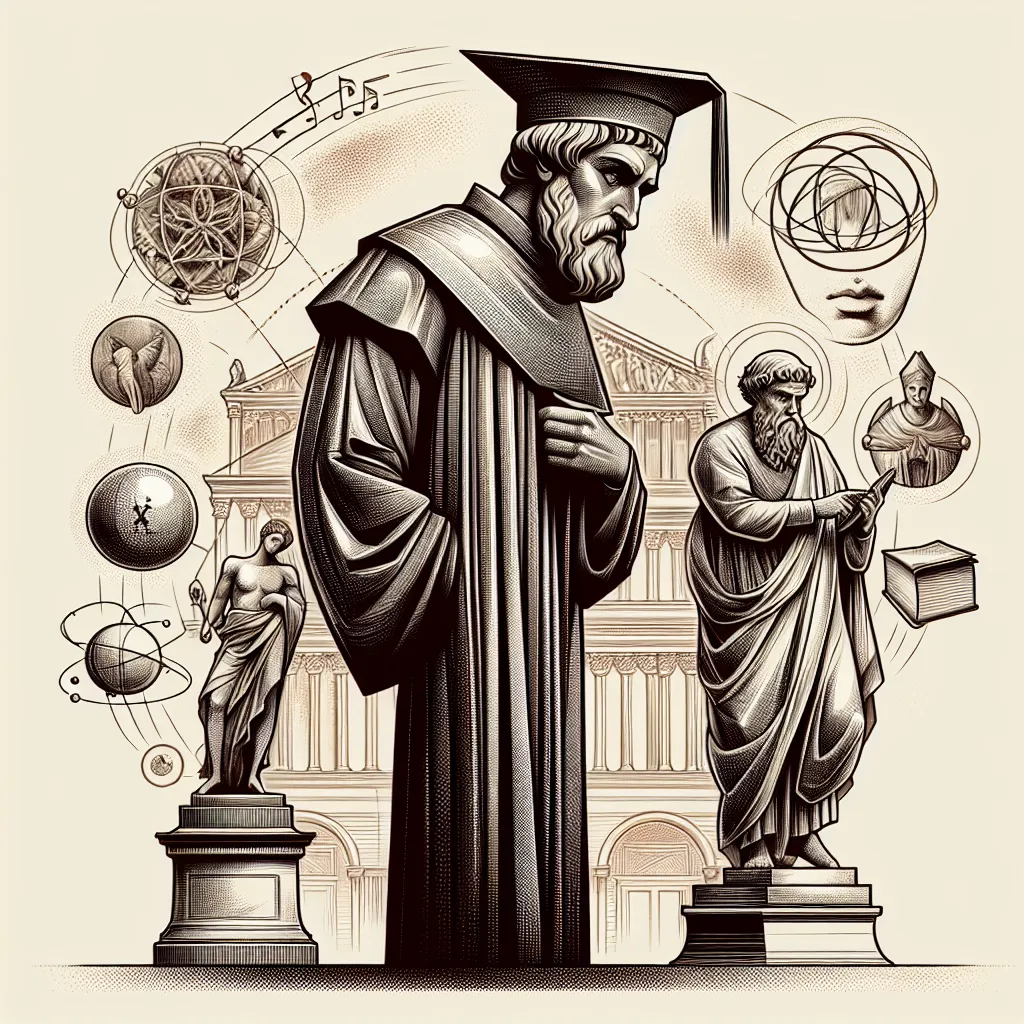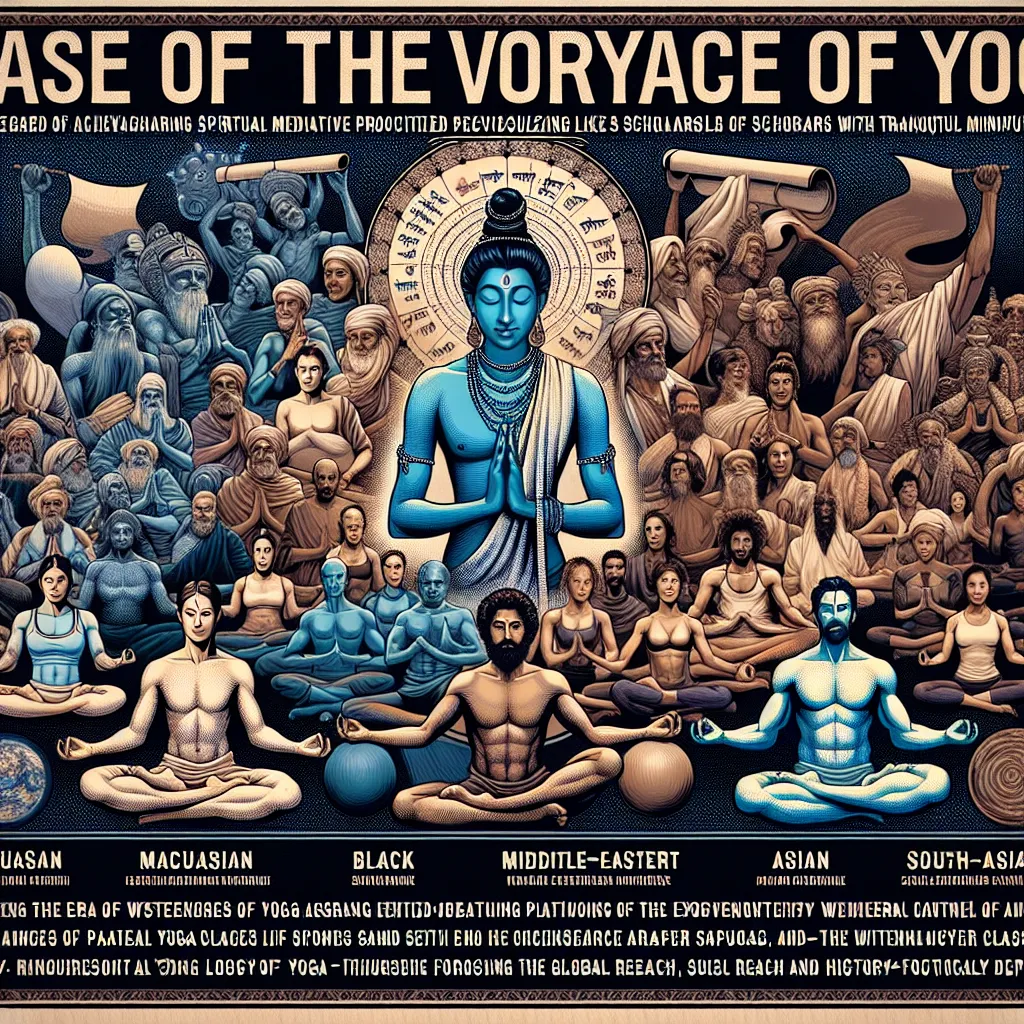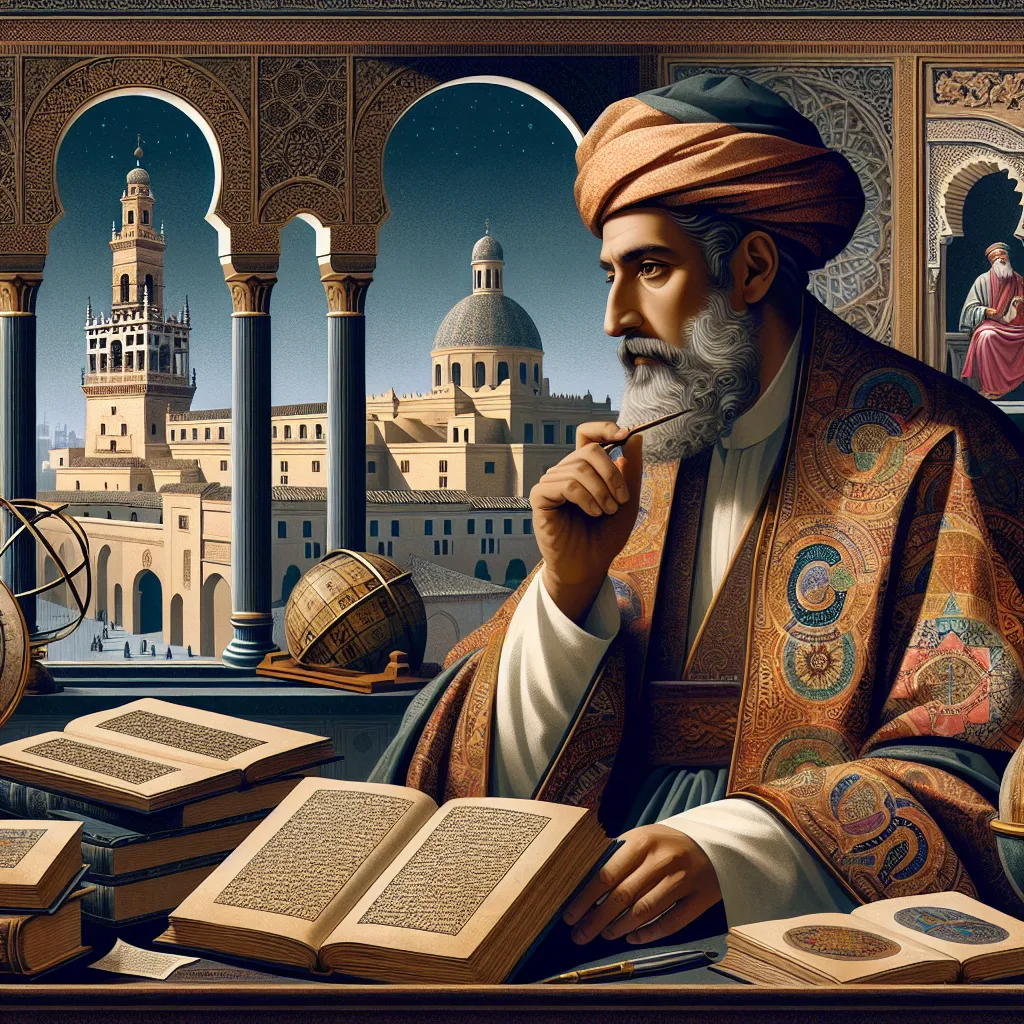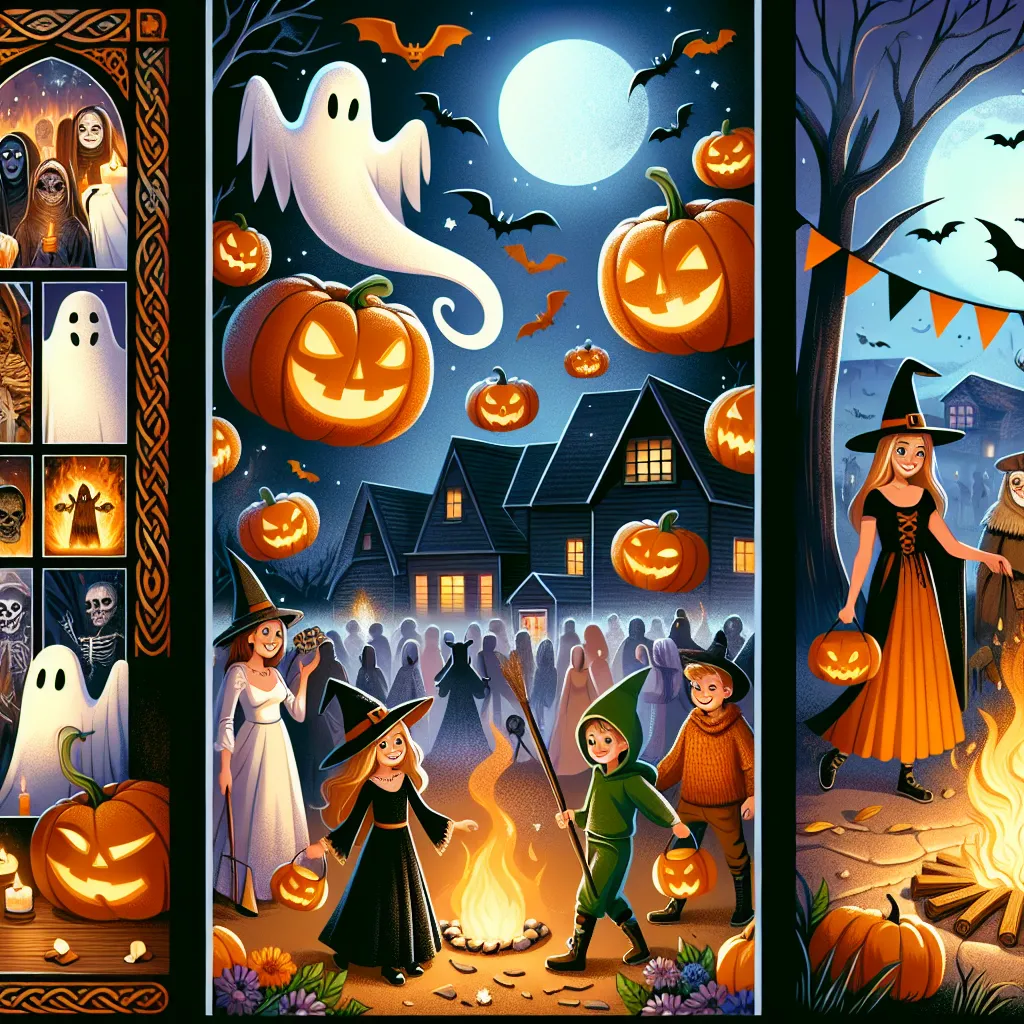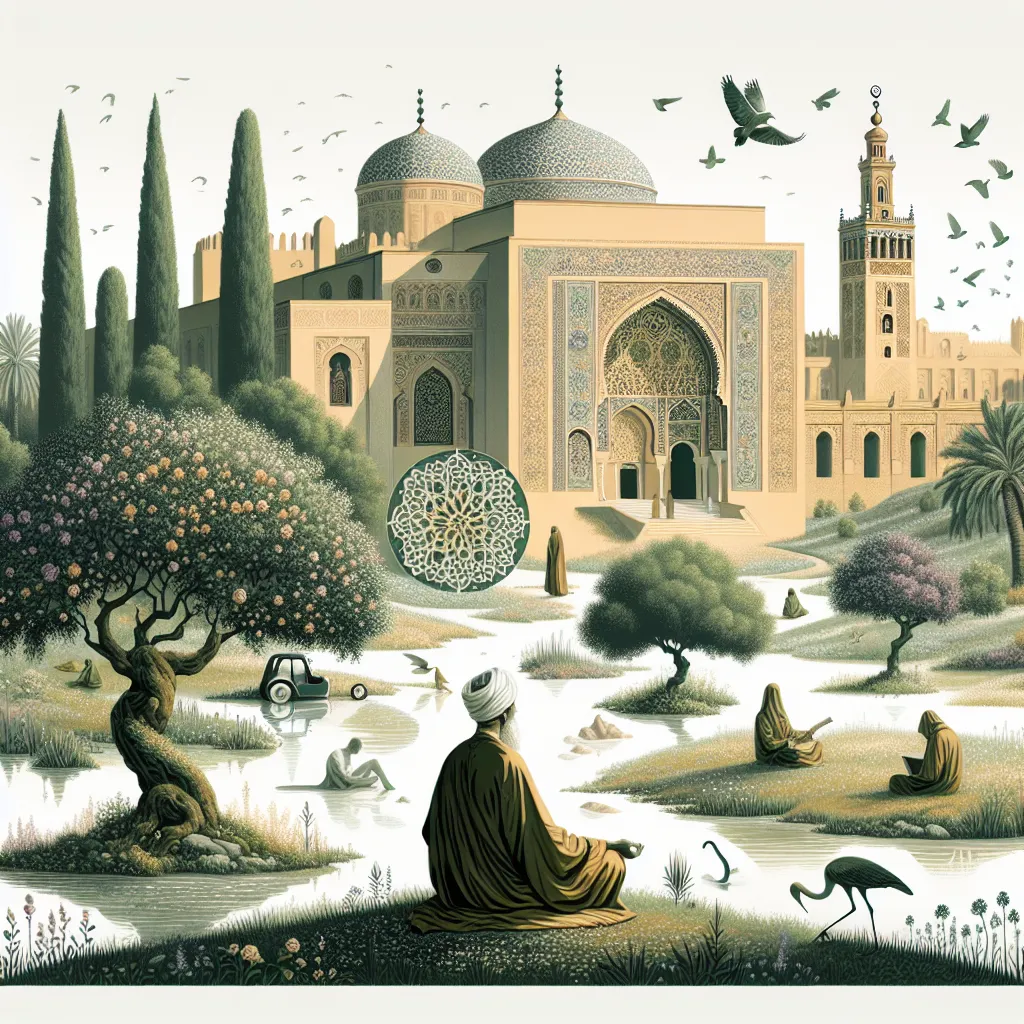Music is interwoven into the very fabric of nearly every religious tradition. From hymns sung in churches to the recitation of sacred scriptures, the auditory dimension of religious experience is profoundly significant but often overlooked by scholars. We previously delved into Islam’s mystical tradition of Sufism, and today we’re exploring the deep connection between music and Jewish mysticism.
Judaism is rich with musical traditions. Whether it’s in synagogues, wedding celebrations, or the Hasidic movement, music is ever-present. Covering all aspects would require an entire series, so we’ll focus on how Jewish mystics have utilized and imagined music throughout history and today.
Music plays a major role dating back to ancient Israelite religion. Notable figures like King David and prophets such as Habakkuk were also musicians. David, famed for his skill with the lyre, exemplifies the connection between prophecy and music. Biblical texts often depict prophets using music to achieve a state of divine receptivity, making it integral to their spiritual experiences.
We see this in the Bible with verses like, “the spirit of the Lord will rush upon you, and you will prophesy with them and be turned into another man.” This demonstrates that music was a crucial aspect of prophetic rituals. The Temple of Jerusalem’s practices also involved music, which helped priests reach a mystical state.
The role of music in Jewish mysticism further blossomed during the Middle Ages with the growth of Kabbalah. Figures such as Abraham Abulafia developed intricate techniques for achieving mystical experiences, often using music to reach these altered states. His methods included the vocal recitation of Hebrew letters accompanied by movements and tunes. He believed that singing could lead to prophecy by creating joy and preparing the heart for divine connection.
Medieval kabbalistic texts extend this idea, viewing music as a means to influence the divine realm. The Kabbalists of Safed in the 16th century, like Moshe Cordovero, used musical metaphors to explain the interconnectedness of the divine and earthly realms through the ten emanations or Sephirot.
Fast forward to the Hasidic movement, which has a rich musical heritage. The leading figures of this mystic tradition believed deeply in music’s transformative and spiritual power. Wordless melodies known as nigunim are a staple, believed to elevate the soul and foster divine connection.
Despite the evolution of Jewish mysticism, music’s role remains a consistent and profound theme. From ancient prophecies to the heights of Kabbalistic thought and Hasidic traditions, music has been a bridge to the divine. The recent resurgence in the popularity of Kabbalah keeps these mystical musings alive, maintaining a connection between the earthly and divine realms through music.
Next time you hear a moving melody, remember it’s more than just notes and rhythms. It’s a timeless echo of a mystical tradition, inviting you closer to spiritual harmony.
